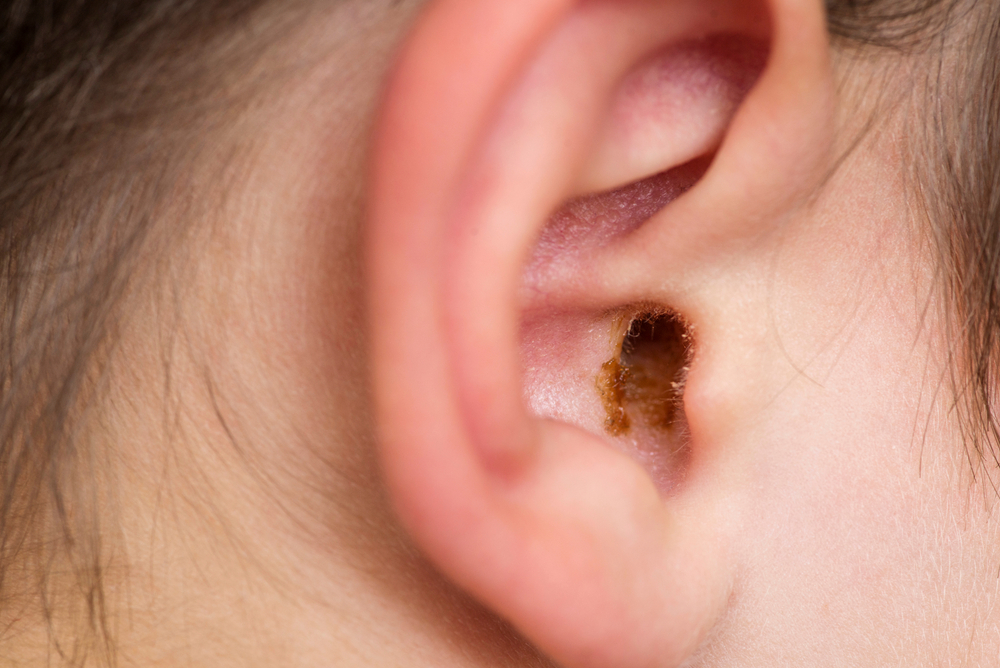
Chances are, earwax and its accumulation haven’t been subjects of significant contemplation for you, except maybe during ear hygiene sessions. Nonetheless, comprehending what causes earwax, how it develops, and its purpose is crucial.
So why does earwax accumulate?
Earwax, also scientifically called cerumen, is composed of a mix of sweat, skin particles, hair, debris, and ceruminous gland secretions. Earwax will appear as a waxy substance that will usually be yellow, orange, brown, or even grey.
In most circumstances, kids tend to produce more earwax than adults. Furthermore, adult earwax is usually darker and denser compared to that of kids.
Earwax goes by the outer ear canal naturally, eventually reaching the ear opening, where it either self-expels or gets washed away during bathing.
Why do we need earwax?
Here are some important functions that earwax serves:
- Preventing itchiness and dryness by moisturizing and protecting the lining of the ear canal.
- Helping prevent ear infections.
- Acting as a protective barricade against outside irritants like dirt, dust, and other foreign particles before they infiltrate deeper into the ear.
Obstructions caused by earwax
Impacted earwax is a common problem, but it’s typically the only time you need to be concerned about it. In some cases, earwax is unable to easily get to the opening of the ear as a result of narrow or abnormally shaped ear canals.
Wax can be unintentionally pushed up into the ear canal by utilizing improper cleaning methods like using cotton swabs.
Individuals grappling with hearing loss who use earplugs or hearing aids are also susceptible to experiencing ear canal obstructions.
How too much earwax can impact hearing
Auditory health might be impeded and you might feel minor discomfort.
Ringing in the ears, or tinnitus, might also occur.
Acoustic trauma might lead to long-term hearing loss, perforated eardrums, and long-term hearing loss if earwax blockages go neglected.
Dealing with impacted earwax
It’s essential that you get in touch with us as soon as you can if you think your ears may be blocked by earwax. Depending on the extent of the blockage, you may be advised to use over-the-counter wax softening drops or a bulb syringe for delicate irrigation to relieve the condition.
If you’re worried about your earwax buildup, call us right away to schedule an appointment.